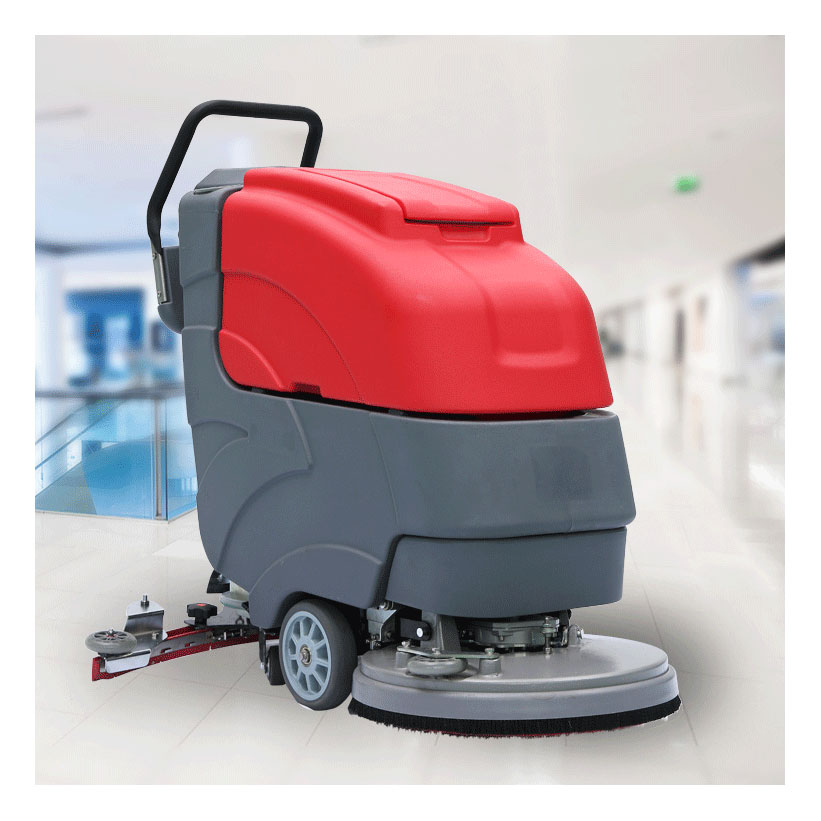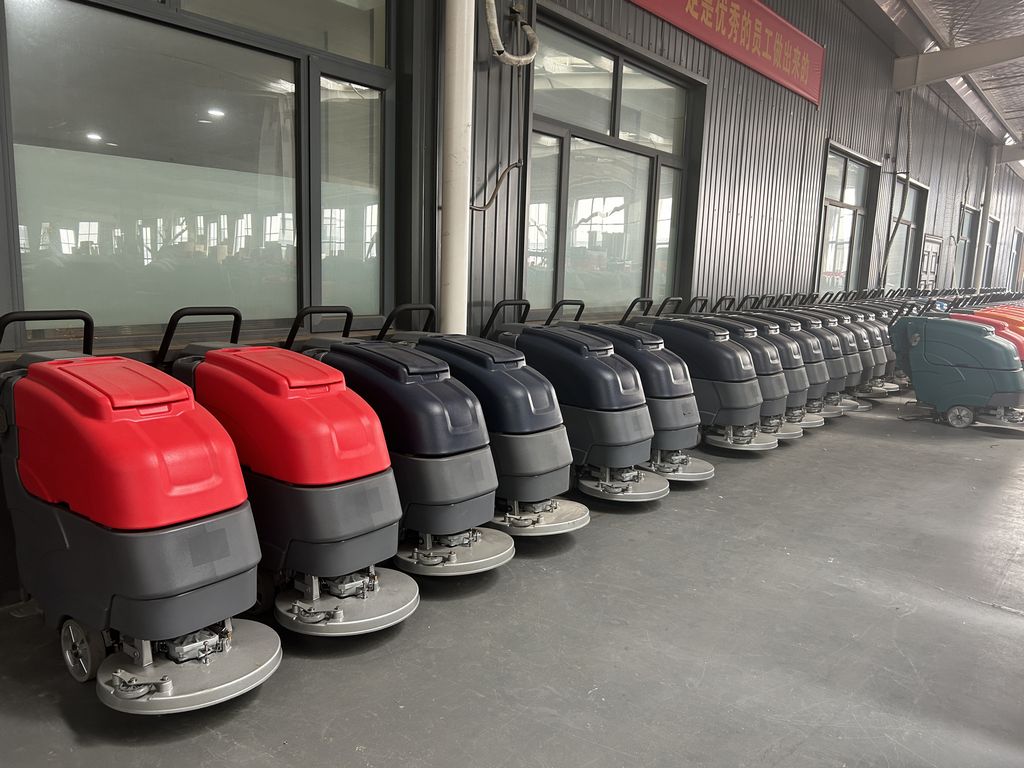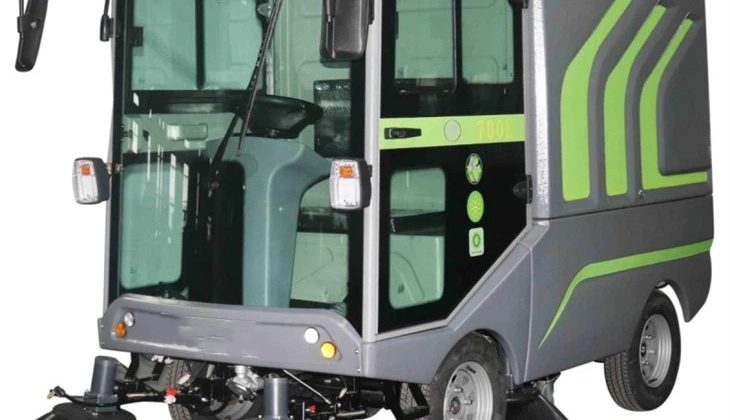
Let me start by saying—wow, life’s been wild lately. Between juggling work deadlines and trying to keep my houseplants alive (spoiler: the ferns are losing), I almost forgot how much *floor scrubbers maintenance* matters. Last week, my neighbor’s scrubber broke down mid-cleaning because they skipped basic upkeep. Water everywhere. Chaos. Lesson learned: a little care saves headaches!
Floor scrubbers are like cars—ignore routine checks, and they’ll quit on you at the worst time. First things first: always empty the dirty water tank *after* each use. Letting grime sit breeds bacteria and clogs filters faster than you can say “sticky floors.” Oh, and that filter? Rinse it weekly. If it looks like it’s been through a mud war, replace it. Pro tip: mark replacement dates on your calendar with emojis—it’s harder to ignore a crying filter emoji.
Now, here’s where people mess up: they forget the squeegee blades. Wipe ’em down! Grease or dried gunk turns them from smooth operators into scratch machines. A quick wipe with a damp cloth keeps them gliding. And hey, speaking of gliding—check the wheels. Hair and debris love to hitch rides there, causing awkward jerks during operation. Nobody wants a scrubber that moves like a confused robot.
Batteries are another sneaky culprit. If your floor scrubber runs on batteries, don’t let them drain completely. Partial charges extend their lifespan. Think of it like snacks—small, frequent boosts keep energy levels steady. Also, store the machine in a dry spot. Humidity corrodes parts faster than you’d think. My garage once turned a scrubber into a rust sculpture—$300 mistake.

Here’s a fun story: A client once called me panicking because their scrubber smelled like “rotten sushi.” Turns out, they’d ignored the solution tank. Always flush it with clean water after using cleaning chemicals. Leftover residue turns into a science experiment. Mixing vinegar and water monthly helps neutralize odors—cheap and effective!
One *reccommend* (see what I did there?) from repair techs: lubricate moving parts quarterly. A drop of oil on bearings and joints prevents squeaks and seizing. It’s like yoga for machinery—keeps things flexible. And don’t skip the manual! Manufacturers list model-specific tips, like adjusting brush pressure for delicate tiles.

Lastly, train your team (or yourself) on basics. Rough handling shortens a scrubber’s life faster than anything. Teach gentle starts/stops and avoid slamming into walls. Treat it well, and it’ll return the favor with spotless floors.
Floor scrubbers maintenance isn’t glamorous, but neither is mopping up disasters. Spend 10 minutes weekly on these steps, and you’ll save cash, time, and sanity. Now, if you’ll excuse me, I’ve got a date with my neglected vacuum cleaner…

